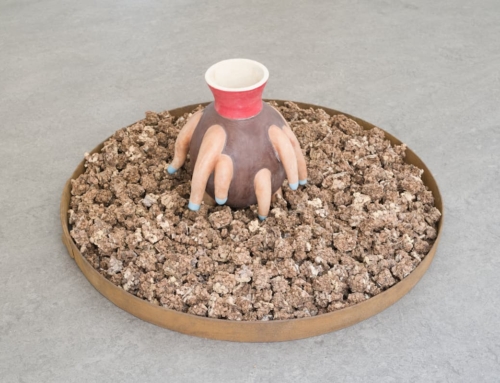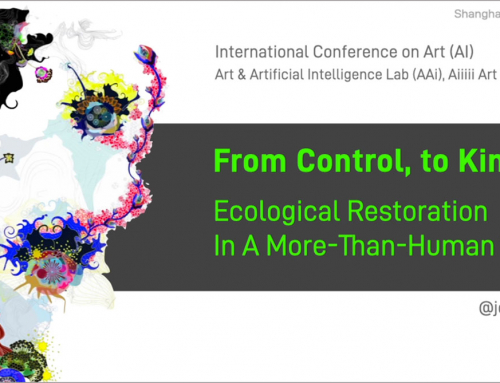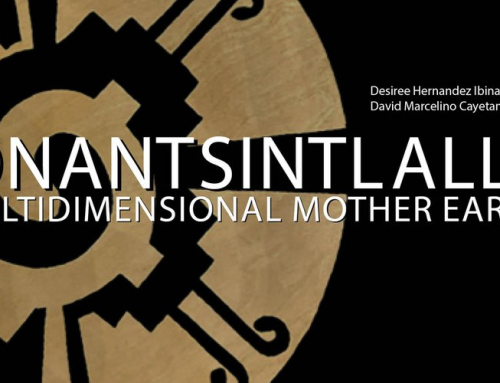On Friday 14 March I’m doing a talk and discussion in Dublin.
(Image: Richard Giblett)
To effect system-level change – in health, energy, food, or mobility – a first step is often to reframe the question. In health, for example, ninety-five percent of person-to-person care happens outside the bio-medical system – so how do you innovate there?
In cities, too, what makes cities truly smart are its citizens as they innovate new sharing platforms. Or think about mobility: the transformations now emerging are more about new social practices than vehicles and telematics – and how do you innovate those?
Systems can be changed mindfully change when a variety of experiments are choreographed through time – and many of these a experiments are already happening: Grassroots innovation is emerging wherever people seek new ways to meet their daily life needs. So the question becomes: What are the best ways to support, connect and amplify these experiments?
Geoff Mulgan, director of Nesta in the UK, has written in a new paper that “perhaps the fundamental challenge facing labs is the classic ‘radical’s dilemma’ – do you work from the outside to create a coherent alternative to the status quo, but risk being ignored and marginalised; or do you work within the system and directly influence the levers of power, but risk being co-opted and shifted from radical to incremental change?”
A short talk will start a conversation, with actors from the Dublin ecosystem, about the following questions: what is the best way for change agents to engage with diverse groups of actors and stakeholders? who will pay for this work?
18h, Friday March 14, Science Gallery, Dublin. The event is free but you need to book here.





